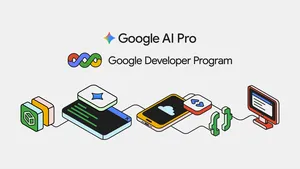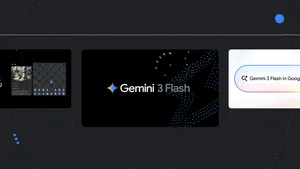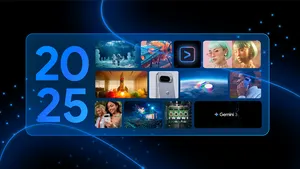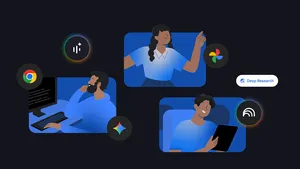How a college student became a planet hunter
I didn't grow up thinking I was going to be an astronomer. There wasn’t a moment when I looked up at the moon and realized my destiny. I grew up loving math and science and in college, I gradually discovered that I loved learning everything I could about stars and planets. When I started studying and doing research in astronomy, I felt like I was given secrets about the universe.
During my junior year, I took a class on planets. My professor was away for a week, so we had a guest lecturer come in. That’s when I met Andrew Vanderburg and heard about his work with former Google engineer Chris Shallue (he recently left to pursue his PhD at Harvard in astrophysics). A few years ago, Andrew and Chris built an AI system with TensorFlow that sifted through the approximately 14 billion data points captured from NASA’s Kepler mission. In doing so, they discovered two new planets: Kepler 80g and Kepler 90i.
When I walked into that classroom, I couldn't have imagined that it would lead to the discovery of two new planets.
When I started, I had zero experience with machine learning. I had no idea what a neural network was or how I could build one. I learned everything as I went along using YouTube tutorials and TensorFlow and collaborating with incredible people. Using TensorFlow, I built a way to look through space telescope data and identify signs that planets could be around those stars. By the end of the summer, my neural network was successful and could recognize planets we already knew about, and discover new ones.
I discovered two new planets, but I also created a method that makes it possible for people to find many more. (If you want to learn how to hunt for planets, you can read my tutorial). Accessible technologies and open-source data allowed me to do this work, and because of that, it’s never been easier to discover not only planets, but also other mysteries of the universe. The possibilities for what we might find are endless.






